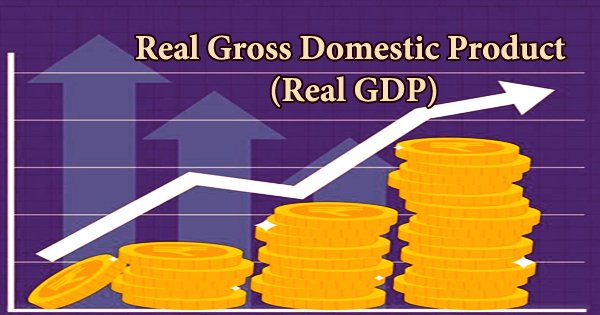A surplus is the quantity of an item or resource that exceeds the amount actively used. A surplus can refer to a variety of commodities, such as revenue, profits, capital, and goods. A surplus in the context of inventory refers to things that stay unsold on store shelves. A surplus happens in a fiscal context when income collected exceeds expenses paid.
Surplus product is an economic term that Karl Marx expressly theorized in his criticism of political economy. It is, roughly speaking, the surplus of products created above what is required for a group of workers to subsist at their current quality of living. Marx developed his concept of surplus product in his 1844 remarks on James Mill’s Elements of Political Economy.
In each of the socioeconomic formations, the surplus output takes on a distinct form. Property relations in the means of production in a specific society regulate the circumstances of their production and distribution. Because of the exceedingly poor labor productivity in ancient society, the creation of a surplus product was unintentional. A surplus product was first created on a consistent basis at a specific point in the development of the productive forces, when it became possible to produce more material commodities than the worker and his family required.
Although the notion of “surplus produce” has been employed in economic thought and commerce for a long time (most notably by the Physiocrats), Marx gave it a significant role in his understanding of economic history in Das Kapital, Theories of Surplus Value, and the Grundrisse. The term is now mostly used in Marxian economics, political anthropology, cultural anthropology, and economic anthropology.
The common translation of the German “Mehr” as “surplus” makes the term “surplus product” somewhat inaccurate, because it implies to English speakers that the product referred to is “unused,” “not needed,” or “redundant,” whereas “Mehr” most accurately means “more” or “added”—thus, “Mehrprodukt” refers to the additional or “excess” product produced. In German, the term “Mehrwert” literally means “value-added,” a measure of net output (however, in Marx’s particular meaning, it refers to the surplus value produced from the use of capital, i.e. the net addition to the value of capital held).
Because the surplus product’s production and usage are subordinated to the purpose of socialist production, all workers have a material stake in its creation. When the surplus output is divided, a portion of it stays in the hands of state businesses, cooperative and kolkhoz firms, and constitutes their profit and net income, respectively. The remainder of the surplus product is placed at the disposal of society and represents the centralized net social income.
A surplus occurs when there is a mismatch between supply and demand for a commodity, or when some consumers are ready to pay more for a product than others. An excess typically produces a market disequilibrium in the supply and demand for a product. This mismatch can occasionally result in the product being unable to move efficiently through the market.
















